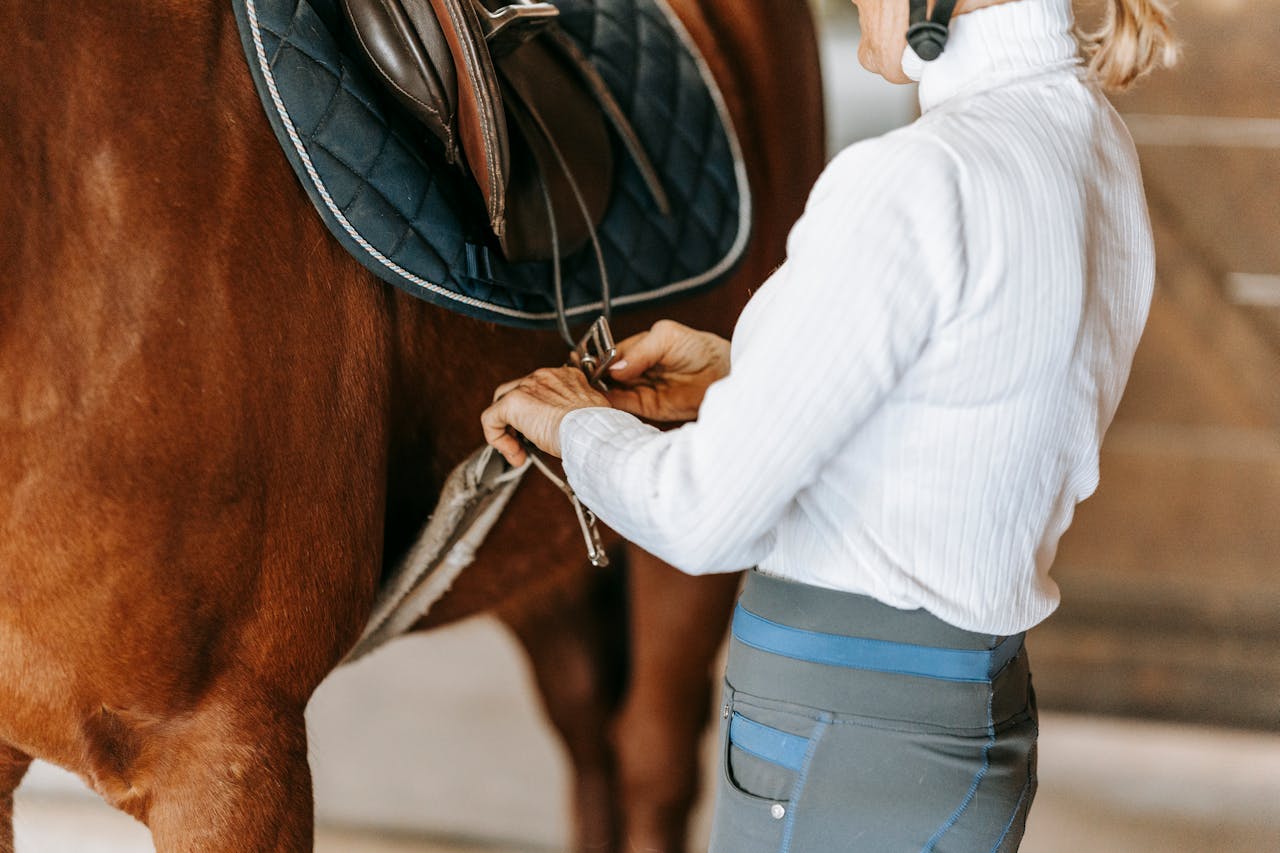Key Takeaways
- Understand the key aspects of horse healthcare
- Identify common health issues and how to prevent them
- Learn the basics of proper nutrition for horses
- Discover the importance of regular veterinary checkups
Introduction to Horse Health
Horses are magnificent creatures that require proper care and attention to maintain their health and well-being. Whether you are a new horse owner or have years of experience, understanding the fundamentals of horse care is essential. This guide covers vital aspects of caring for your horse’s health and well-being, offering tips and advice to ensure your equine friend stays happy and healthy. Additionally, considering horse mortality insurance can provide peace of mind in the unfortunate event of a severe health issue or accident. By being informed and proactive, you can minimize risks and be prepared for any situation.
Common Health Issues in Horses
Many health issues can affect horses, from minor ailments to more severe conditions. Some common problems include colic, lameness, and respiratory issues. Preventing colic involves regular deworming, proper feeding, and ensuring your horse can access clean water. Know the signs of colic, such as restlessness, excessive rolling, and a lack of appetite. Rapid intervention can often differentiate between a minor episode and a life-threatening condition. Lameness, another common issue, can be caused by anything from minor bruises to serious structural problems. Regular hoof care and avoiding hard or uneven surfaces can help lower the risk. Respiratory issues often arise from exposure to dust or mold, making a clean environment essential for your horse’s lungs.
Proper Nutrition for Horses
A balanced diet is vital for your horse’s health. Horses require a combination of hay, grains, and freshwater. It is essential to feed your horse the right types and portions of food based on age, size, and activity level. Young horses may require higher protein levels for growth, while older horses might need more easily digestible foods. Fat and fiber are also important components of an equine diet, helping to provide sustained energy and maintain gut health. Make sure the hay is of good quality and free from mold and dust, as poor-quality hay can lead to respiratory and digestive issues. Providing clean, fresh water at all times is critical, as dehydration can exacerbate many health problems.
The Role of Regular Veterinary Checkups
Regular veterinary checkups are critical for maintaining your horse’s health. A vet can provide vaccinations, dental care, and routine health assessments. Vaccinations protect against diseases like tetanus, influenza, and rabies, which can be fatal if not prevented. Dental care ensures your horse can chew food adequately, thus preventing nutritional deficiencies and digestive issues. Bringing your horse in for regular examinations can help catch potential health issues early and keep your horse in top condition. During these checkups, your vet can also offer guidance on feeding, exercise, and other aspects of horse care, tailoring advice to your specific circumstances.
Exercise and Mental Health
Horses need regular exercise to stay fit and healthy. Activities such as trail riding, arena work, and turnout time can help keep your horse’s muscles toned and joints flexible. Without sufficient exercise, horses can become overweight, leading to a range of health issues like laminitis or insulin resistance. Mental stimulation is equally important; boredom can lead to behavior problems like cribbing, weaving, or aggression. Rotate routines and introduce new challenges to keep your equine friend engaged. Consider incorporating puzzles, new environments, or varied social interactions to keep your horse’s mind sharp.
Safe and Comfortable Living Conditions
It is crucial for a horse’s health to have a clean, safe, and comfortable living environment. Ensure the barn or shelter is free from hazards, provide clean bedding, and maintain proper ventilation. Ample lighting and fresh air can significantly improve your horse’s mood and respiratory health. Regularly clean the stalls and paddocks to prevent the buildup of bacteria and mold, which can lead to respiratory problems. Periodically inspect for signs of pests and take measures to keep the area pest-free. Adding features like summer fans and adequate winter insulation can keep the living conditions optimal year-round.
The Importance of Hoof Care
Hoof care is an often overlooked but critical aspect of horse health. Regular trimming and shoeing by a professional farrier can prevent lameness and other hoof-related problems. Each horse’s hooves grow at different rates, requiring an individualized schedule for trimming. Clean your horse’s hooves daily for stones, infections, or injuries. Pay attention to the environment; wet and muddy conditions can soften hooves, while dry, hard surfaces can cause cracks. Using specialized hoof conditioners or treatments can also help address specific issues and maintain overall hoof health.
Conclusion: A Holistic Approach to Horse Health
Caring for your horse’s health involves a holistic approach that includes proper nutrition, regular exercise, routine veterinary care, and a safe living environment. You can ensure a happy and healthy life for your equine companion by staying proactive and attentive to your horse’s needs. Taking the time to educate yourself and build a reliable support network of professionals can further enhance the care you provide, ensuring that you and your horse enjoy many happy, healthy years together.




